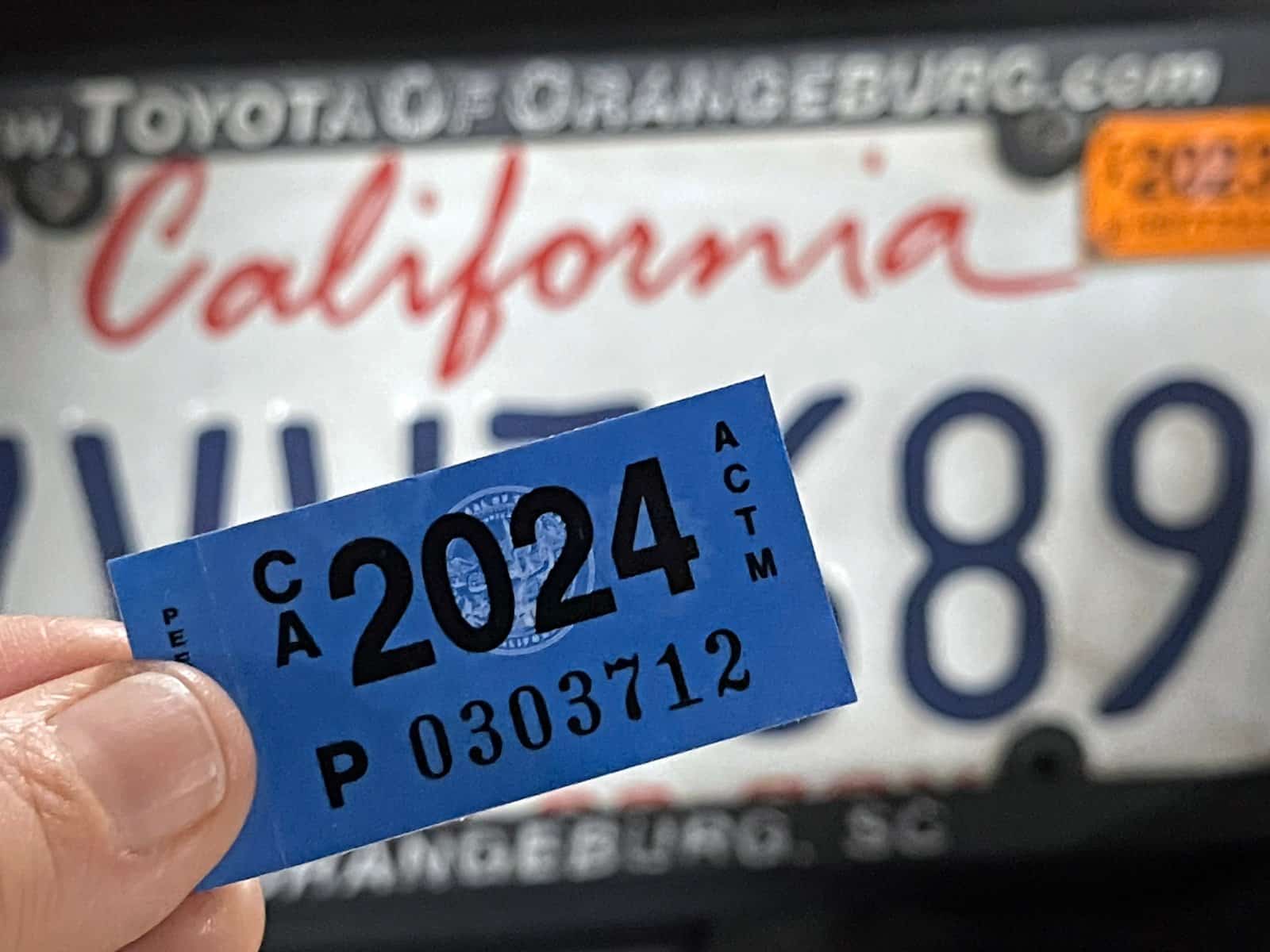One cereal factory in Georgia is under fire after a group of employees filed a lawsuit detailing extensive instances of racial discrimination, allegedly going back decades.
Racial Discrimination Lawsuit

A General Mills factory in Georgia is now facing a racial discrimination lawsuit after eight Black employees filed suit against the White managers of the factory.
A Toxic Workplace

The group of employees has accused General Mills management of fostering a racist workplace that has wrongfully demoted workers on a racial basis and used racial slurs against Black employees.
Filed on June 2

The class-action suit was filed in the Northern District of Georgia in Atlanta on June 2 by the eight individuals and on behalf of all past and present employees affected by the allegations.
Multiple Federal and State Violations

It specifically claims that General Mills has violated the Civil Rights Act of 1866, along with state and federal racketeering laws under the RICO Act.
Serial Cereal Producer

The plant is one of two facilities located in Covington, Georgia, and owned by General Mills, a consumer foods manufacturer that produces cereals for iconic brands like Cheerios, Cinnamon Toast Crunch, Cocoa Puffs, and more.
East and West Plant

Both factories, known as East Plant and West Plant, have been in operation since the late 1980s and early 90s.
Two Managers Named

The plaintiffs, who were all employed by the factory at some point in the last five years, have taken aim at two managers in particular named Jack Gilliam and Greg Cantrell who operated East Plant.
20 Pages of Examples

The legal filing for the case contains 20 pages of recorded instances which the plaintiffs and their attorney Doug Dean have offered as evidence that the managers “embraced a racially hostile work environment perpetuated by White supremacists who deny Black employees” the right to advance in their careers at the factory.
Many Serious Claims

It also claimed that both managers continually favored White employees over Black ones, levied unjustified degrees of disciplinary action against Black employees compared to White ones, and even used the word “colored,” to refer to Black employees, which the suit described as a racist anti-Black term.
Racial Slurs Unpunished

Back in the 1990s, White employees were also allegedly able to use the N-word and other racial slurs against their co-workers with no fear of repercussions.
Personal Statements

Keith McClinton, one of the eight plaintiffs, found the letters “KKK”, a reference to the Ku Klux Klan, written on his lunchbox in 2006, and was accused of writing the words himself.
A Noose on the Desk

Another unidentified plaintiff claimed that a noose was left on their desk while they were working at the factory in 1993. The noose was a reference to the historical phenomenon of “lynching.”
The ‘Good Ole Boys’

These behaviors were allegedly encoded in the management of the plants over decades, as the two managers “formed an organization of White employees in management and human resources called the ‘Good Ole Boys.’”
Keeping Employees “in Their Place”

The lawsuit made absolutely no qualms about the severity of their claims, adding “The ‘Good Ole Boys’ believe that history and symbols that have been co-opted or misappropriated by the Ku Klux Klan and other White supremacist hate groups are useful to keep Black people ‘in their place.”
Underhanded Tactics

It claimed the managers used tactics to discourage Black employees from “speaking or taking action against the disparate treatment of Black employees at the Covington facility.”
Seeking Damages

Plaintiffs are now seeking compensatory and punitive damages for all previous Black employees at the Covington plant, on the basis of these “egregious incidents of racism.”
Calling for Management Dismissal

They are also seeking the immediate dismissal of the “racist decision-makers” responsible for the harmful policies and actions listed in the lawsuit.
Long-Standing Commitment to DEI

General Mills has responded to the lawsuit, adding that while it goes against policy to comment on pending litigation, the company does have “a long-standing and ongoing commitment to diversity, equity, and inclusion and we do not tolerate discrimination of any kind.”
Discrimination is Prohibited

The Minneapolis-based company claims, via its official website, that discrimination of any kind is prohibited in their workplaces.
Reflection of the World?

The website also described the company as being “dedicated to becoming a reflection of the world we seek where racial equity, diversity, and inclusion nourish us all.”
23 Steep Taxes Adding to California Residents’ Burden

California: a place of sunshine, innovation, and, unfortunately, some of the nation’s highest taxes. From LA’s beaches to Silicon Valley’s tech hubs, residents grapple with a maze of state taxes. Here’s a glance at 23 taxes that might surprise both Californians and outsiders. 23 Steep Taxes Adding to California Residents’ Burden
Cash in on Nostalgia: 21 Toys Now Worth a Fortune

Time to dust off the boxes and find that once-cherished toy from your childhood. For collectors and enthusiasts, these items have become valued objects, and they can be worth big bucks – are there any of these in your attic? Cash in on Nostalgia: 21 Toys Now Worth a Fortune
Millennials Don’t Buy These 19 Products Anymore

Millennials are changing consumer habits, quietly replacing once-staple products and traditions. Often criticized for their disruptive preferences, this generation is reshaping the marketplace with digital expertise, ethical buying, and a taste for the unconventional. Millennials Don’t Buy These 19 Products Anymore
Featured Image Credit: Shutterstock / Ken Wolter.
The content of this article is for informational purposes only and does not constitute or replace professional financial advice.
